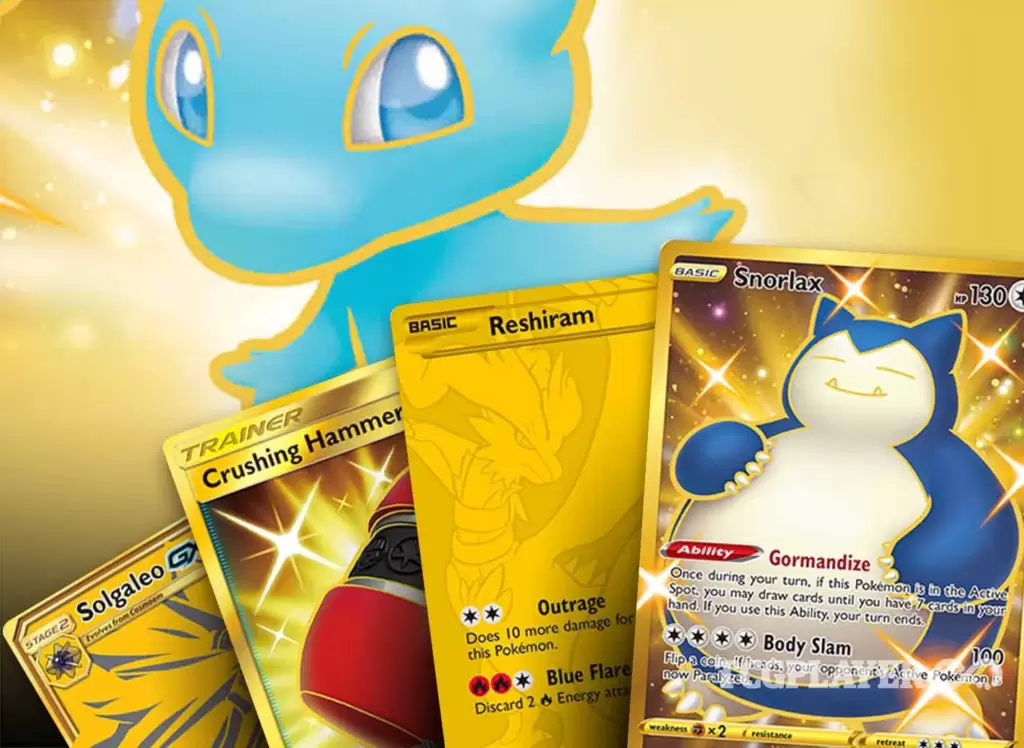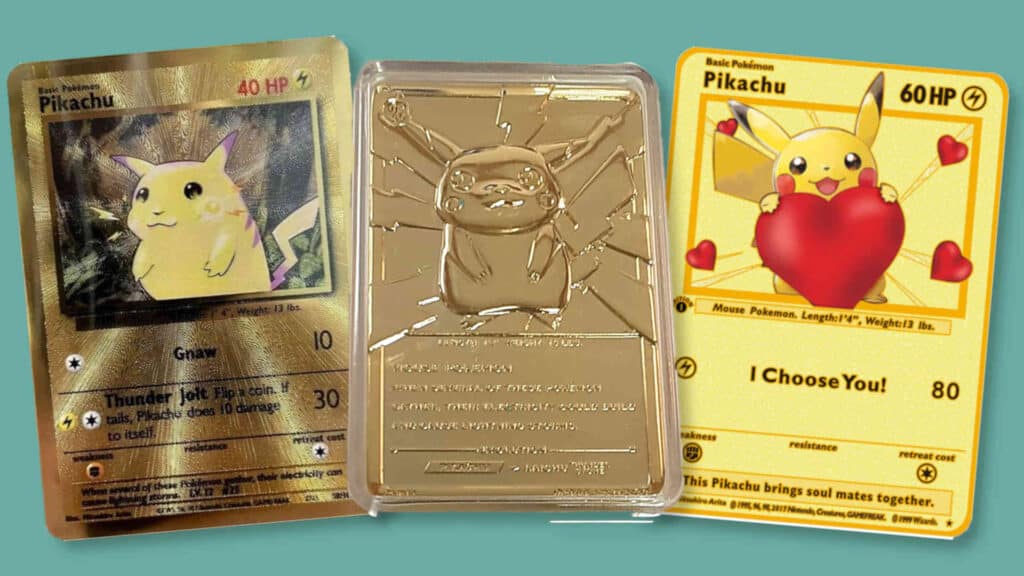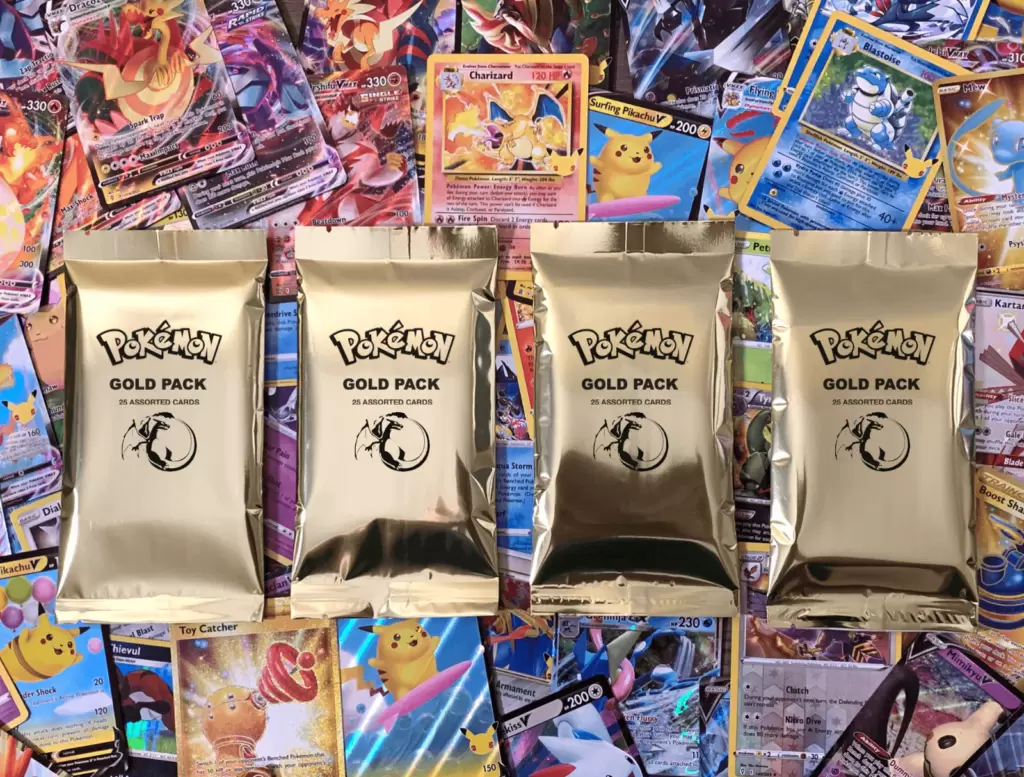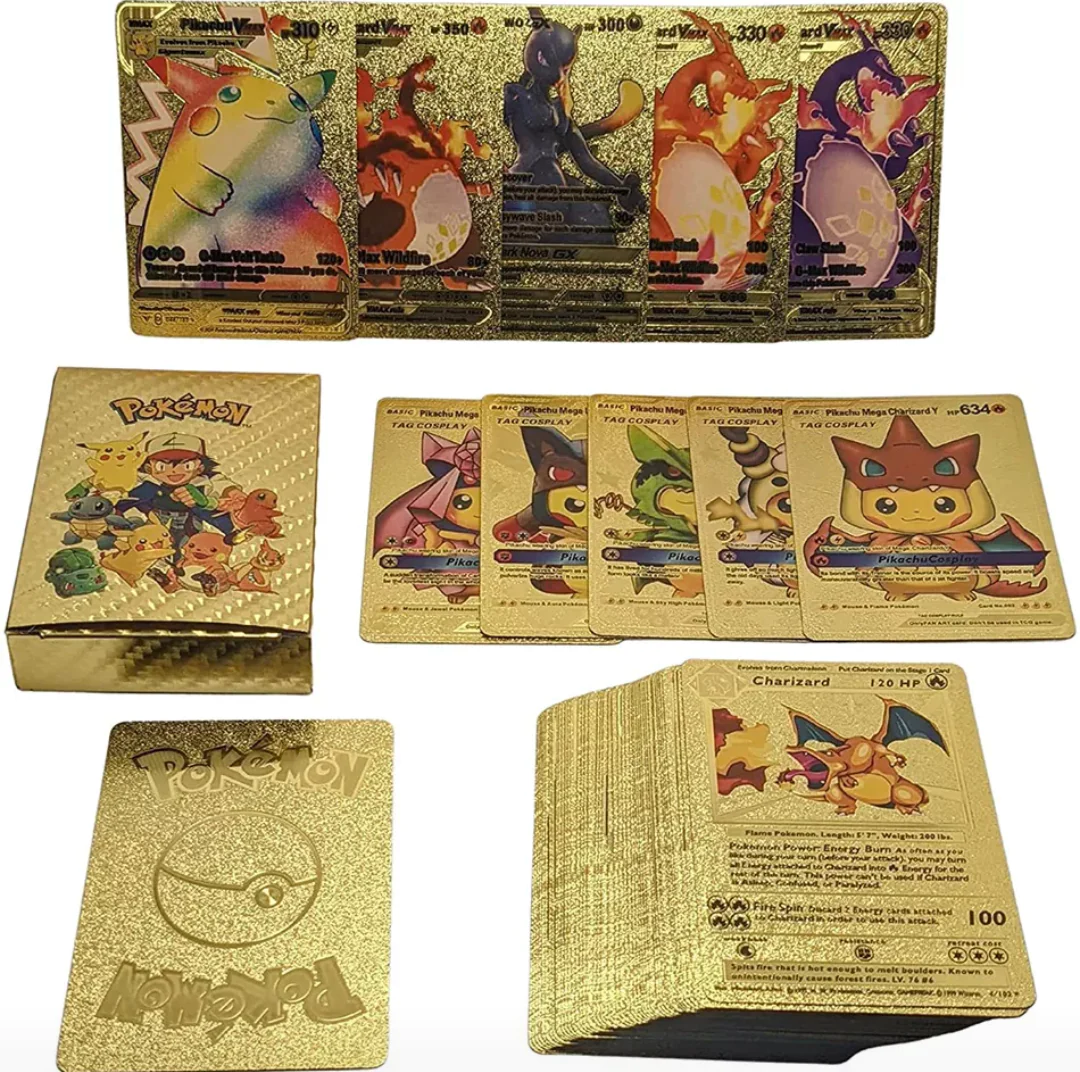The near instantaneous success of the Pokémon games and the pop culture phenomenon they ignited meant it was only a matter of time before fans started seeing a bevy of merchandise arrive with Nintendo’s adorable pocket monsters. One of the earliest, and most successful, of these merchandising ventures is the Pokémon Trading Card Game. Although the Pokémon TCG arrived in Japan the same year as the original three Game Boy games, it didn’t come over to the US until 1998. Thanks to production and distribution help from Wizards of the Coast (also behind the popular Magic: The Gathering TCG), the Pokémon TCG came to North America in 1998 and quickly became as much of a success as the games.
Just like the video games on which the entire series is built, the Pokémon Trading Card Game endures to this day as one of the most successful and popular entries of its kind. As is typically the case with trading card or collectible card games, the Pokémon TCG has several hundred cards that each vary in value and rarity. One of the most sought-after varieties are the elusive gold cards. These special gold foil-embossed collector’s cards are rare drops in booster packs or promotional boxes, and some of them are highly valuable as a result.
Gold Pokémon Cards: What Are They?

All cards in the Pokémon TCG are 2.5″x3.5″ cardboard featuring the images and abilities of various Pokémon throughout the games and animated series. Each of these Pokémon has a type (which indicates its elementral strengths and weaknesses) as well as its signature abilities, each with varying rule sets based on how they perform within the context of the TCG. The gold cards are exactly the same as the standard Pokémon TCG cards with the exception of their appearance. Otherwise, they still feature a particular Pokémon and their abilities.
The gold cards are special gold holofoil cards that give off a shimmering appearance when held underneath light. They also typically feature special illustrations of the Pokémon. According to the rules of the game, these gold cards fall into the “Special Rare” category, meaning they exist outside the normal list for each card set. Each set of cards in the Pokémon TCG has a numbered setlist, and the gold cards are additional cards that surpass the final numbered card in each set. The first appearance of gold cards in booster packs comes as part of the Black & White- Legendary Treasures set releasing in 2013.
Gold Pokémon Cards: How Rare Are They?

In addition to being aesthetically pleasing to look at thanks to the unique properties of the gold holofoil in their design, gold cards have varying degrees of rarity as well. While some people might assume that being gold gives them more value than a standard card (thanks to the value of actual gold), most gold cards fall squarely into the $2-$5 range of value. That said, there are some gold cards that are incredibly rare and valuable. As a general rule of thumb, gold cards featuring legendary Pokémon or popular faces of the franchise like Pikachu or Charizard are typically the most valuable.
There are currently more than 225 gold cards across all game sets, each of them varying in terms of value. Outside the gold cards that are part of each release of the Pokémon TCG, there are extremely rare collector’s cards that are exclusive or promotional items. One such example are the gold-plated Pokémon cards from the late 1990s that were sold at fast food chains such as Burger King and McDonald’s. These special one-of-a-kind gold-plated cards can carry some significant value for each individual card. Interestingly, the rarest and most valuable gold card is the Ultra Ball Trainer card, which has a typical value of over $230.
Gold Pokémon Cards: Where Can I Obtain Them?

First and formost, gold cards are available as part of booster packs for the Pokémon TCG. The pull-rate for these cards is lower than standard cards, but part of the thrill in obtaining them comes from their rarity. Additionally, there are also promotional packs that feature guaranteed gold card drops. These cards tend to be less valuable thanks to their print numbers, but occasionally they increase in value if the promotional decks they feature in go out of print or become fan-favorites.
Outside purchasing booster packs, decks, or boxes of cards, the most surefire way to obtain a particular card is to use the secondary market. Websites like eBay or tcgplayer.com typicaly feature some of the most verified pricing on gold and other rare cards. In addition to these websites, it’s also possible to visit local hobby and comic shops to see if they sell individual Pokémon cards. Before heading online or in-person to purchase an individual gold card, make sure to verify the current value of the card to avoid purchasing at an inflated rate.
Breakdown of Gold Pokémon Cards by Set
Sun & Moon Series Sets
| Set | # of Gold Cards |
|---|---|
| Sun & Moon | 4 |
| Guardians Rising | 9 |
| Burning Shadows | 9 |
| Shining Legends | 0 |
| Crimson Invasion | 5 |
| Ultra Prism | 8 |
| Forbidden Light | 6 |
| Celestial Storm | 6 |
| Dragon Majesty | 4 |
| Lost Thunder | 9 |
| Team Up | 5 |
| Unbroken Bonds | 6 |
| Unified Minds | 9 |
| Hidden Fates | 0 |
| Cosmic Eclipse | 9 |
Sword & Shield Series Sets
| Set | # of Gold Cards |
|---|---|
| Sword & Shield | 6 |
| Rebel Clash | 6 |
| Darkness Ablaze | 5 |
| Champion’s Path | 1 |
| Vivid Voltage | 6 |
| Shining Fates | 2 |
| Battle Styles | 6 |
| Chilling Reign | 12 |
| Evolving Skies | 12 |
| Celebrations | 1 |
| Fusion Strike | 6 |
| Brilliant Stars | 8 |
| Astral Radiance | 11 |
| Pokémon GO | 3 |
| Lost Origin | 8 |
| Silver Tempest | 8 |
| Crown Zenith | 4 |
